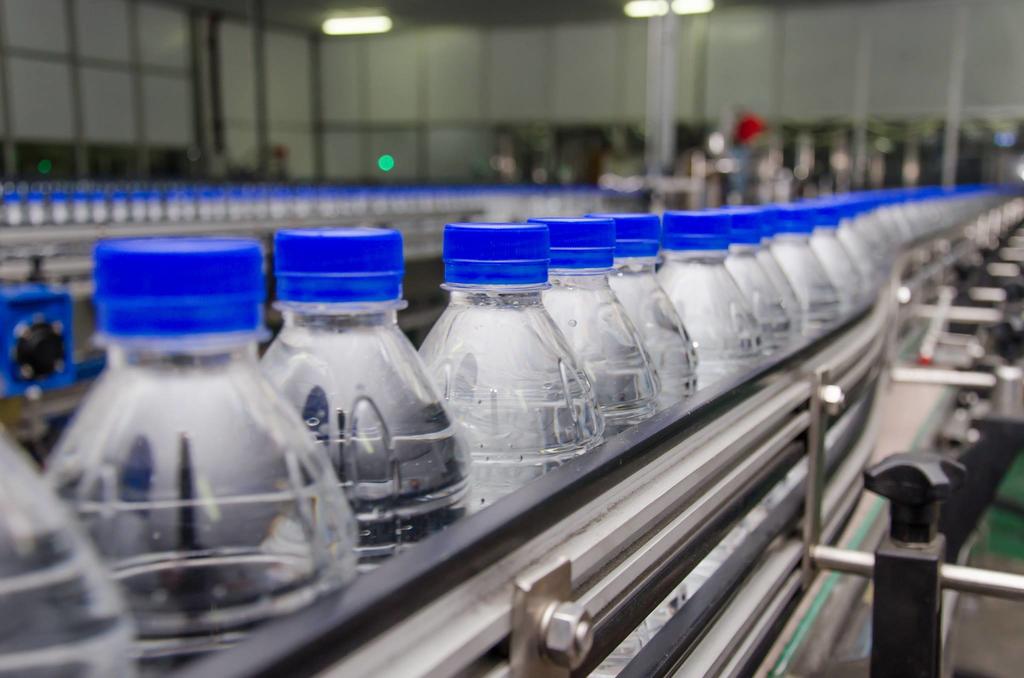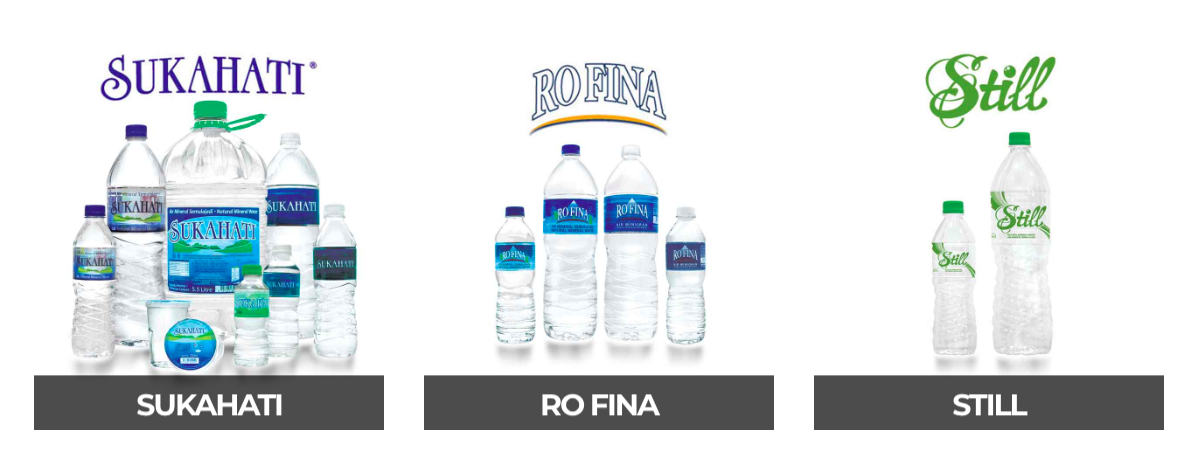Singapore Bans Malaysian Bottled Water Brand Malee After Bacteria Found In Samples
The import of all bottled drinking and mineral water from Malee Mineral Water has now been banned by the Singapore Food Agency (SFA).
The Singapore Food Agency (SFA) has banned the import of all bottled drinking and mineral water from Malaysian manufacturer Malee Mineral Water after bacteria was detected in recent samples
The recent consignment from the Malaysian manufacturer was detected with the presence of Pseudomonas aeruginosa, a common environmental bacteria.
The samples were tested in Singapore, following which the SFA released a circular addressed to all bottled water importers on its website on Friday, 29 June.
SFA informed that through its recent surveillance, consignments of bottled drinking water from Malee Mineral Water Sdn Bhd were detected with the bacteria.
The bacterium Pseudomonas aeruginosa, that was found in the Malee products, is typically found in faeces, soil, water and sewage
In its website, the Malaysian manufacturer has shown to carry three lines of bottled drinking and mineral water products: Sukahati, Ro Fina and Still.
Each of the product lines has several other products under them. The Sukahati line has eight products, the Ro Fina line has four and there are two under the Still line.
SFA did not make it clear which product line of bottled drinking water was affected.
The ban on Malee products comes slightly over two weeks after SFA informed on 12 June that it had detected the presence of Pseudomonas aeruginosa in "Starfresh" bottled drinking water
SFA said that they detected the bacteria during a routine sampling of the product, which was imported from Malaysia by Radha Exports Pte Ltd, according to NST Online.
The common environmental bacteria can multiply in water environments and also on the surface of suitable organic materials in contact with water.
According to the United States' Centers for Disease Control and Prevention (CDC), use or consumption of products contaminated with Pseudomonas aeruginosa can cause infections in humans with weakened immune systems.

